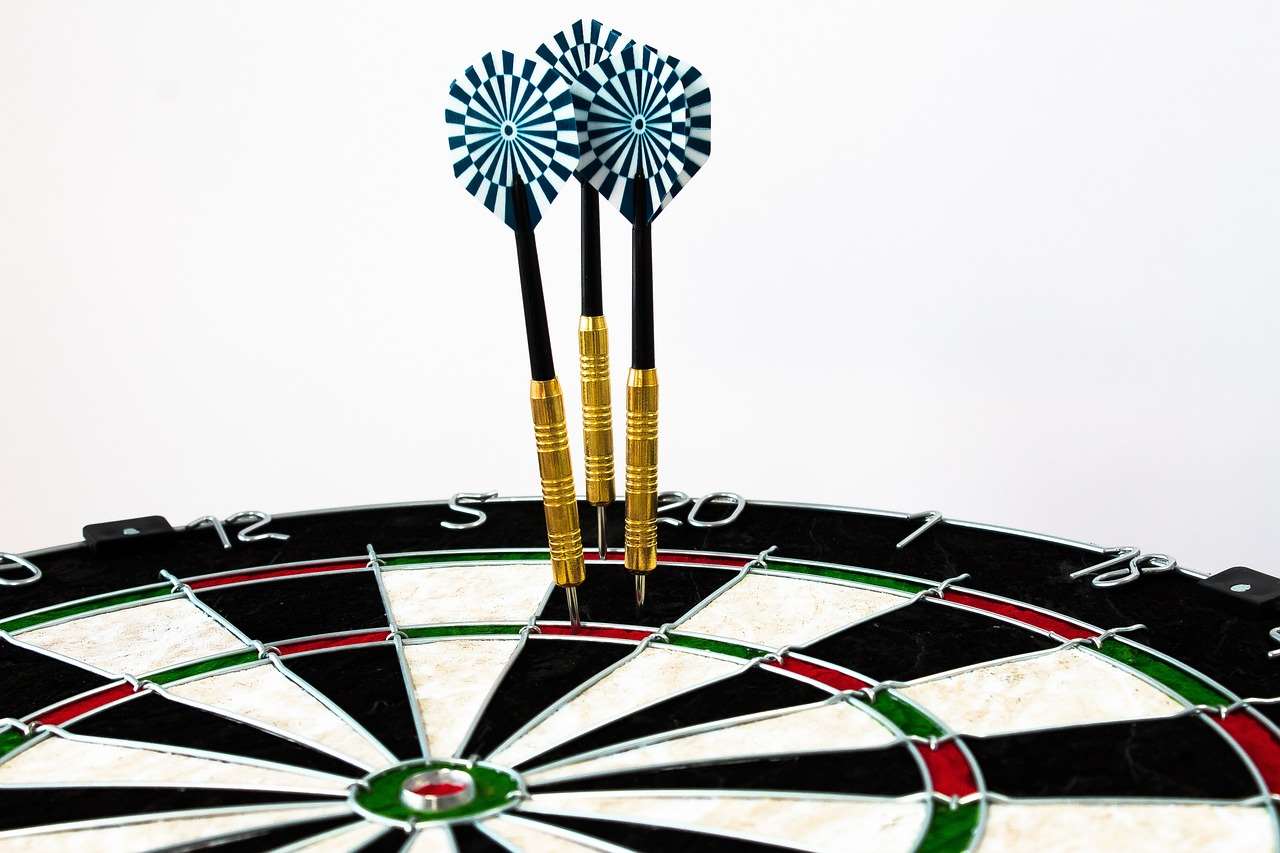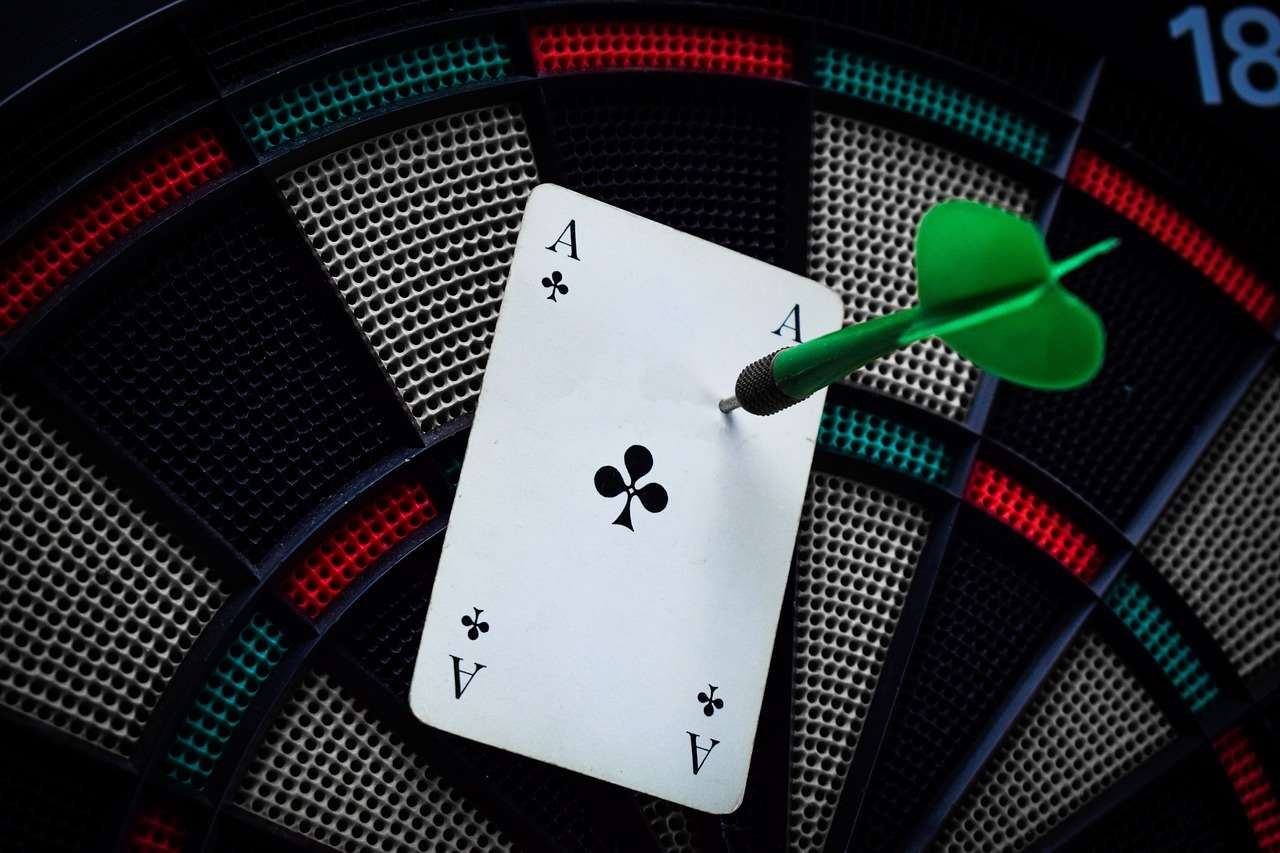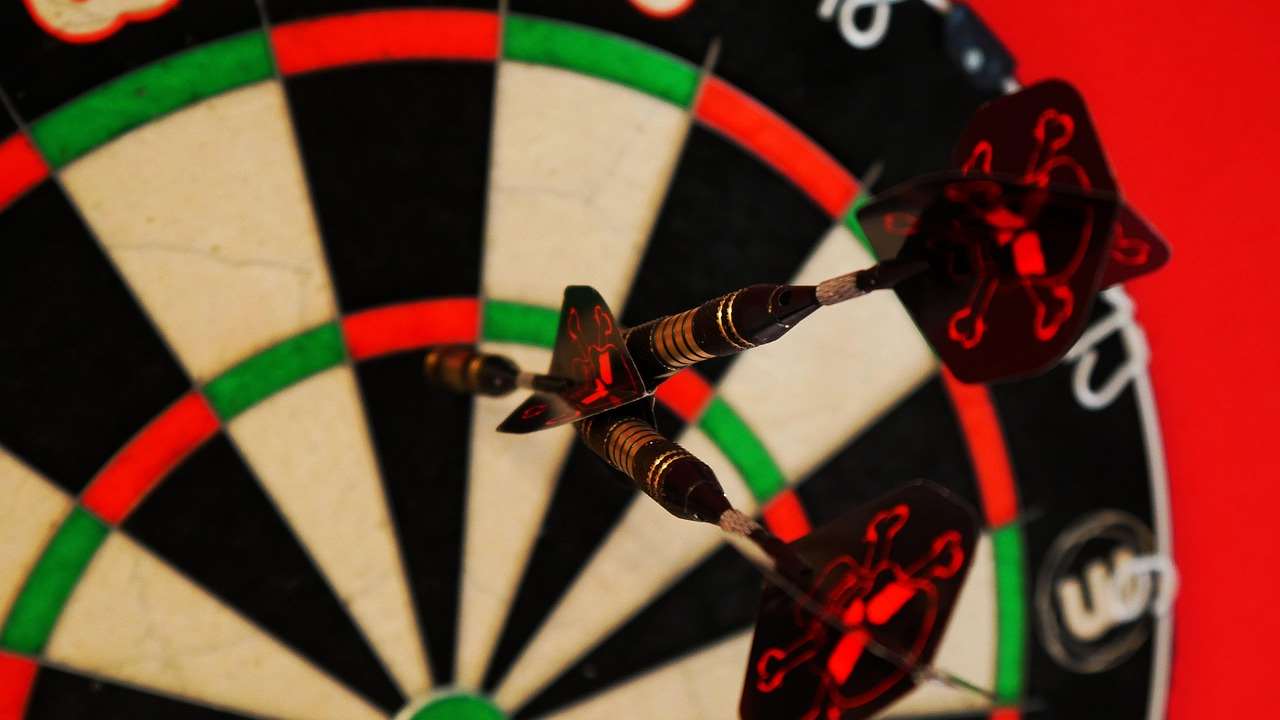The perfect darts score is, of course, a 180. This article will explore what constitutes the perfect score in darts, delving into the mechanics, strategy, and the sheer thrill of achieving it. We’ll also look at different game variations and how the ‘perfect score’ concept shifts within them.
⚠️ Still Using Pen & Paper (or a Chalkboard)?! ⚠️
Step into the future! The Dart Counter App handles all the scoring, suggests checkouts, and tracks your stats automatically. It's easier than you think!
Try the Smart Dart Counter App FREE!Ready for an upgrade? Click above!
Achieving a 180, three treble 20s in a row, is the holy grail of darts. It’s the ultimate demonstration of skill, precision, and consistency, and many players spend countless hours honing their technique to achieve this feat. But what about other aspects of the game? How does the perfect score relate to the overall game strategy and different playing styles? Understanding what makes up the perfect darts score in different contexts goes beyond simply hitting the treble 20.
What is the Perfect Darts Score: Beyond the 180
While a 180 is undoubtedly the most celebrated score in darts, defining the “perfect” score needs more nuance. The ideal score depends heavily on the game being played. In a game of 501, for instance, a 180 is a crucial step towards victory, but it’s not a guaranteed win. It’s part of a larger strategic plan to reach zero. In other games, like cricket, the perfect score is about hitting specific numbers, rather than aiming for the highest possible point total. Understanding the nuances of the specific game is essential to understanding what is the perfect darts score in that particular context.

Let’s explore some variations and their respective “perfect” scores:
501: The Classic
In 501, the goal is to reduce your score from 501 to zero. While a series of 180s is clearly advantageous, the perfect score in this context isn’t just about hitting maximums; it’s about finishing. A high score is useless if you can’t close out the game. The “perfect” finish would be a series of high scores, culminating in a double to finish, showcasing both power and precision.
Cricket: Hitting the Numbers
Cricket prioritizes closing out numbers rather than accumulating points. The perfect score in cricket is about hitting each number three times (closing it), leaving your opponent with the challenge of achieving the same. While high scores certainly help to achieve this, focusing on consistency and closing specific numbers is more important than consistently throwing 180s.
Other Game Variations
Many dart games exist, each with its own scoring system and strategic approach. Understanding what is the perfect darts score in these games requires understanding the rules. In some games, a perfect score may be defined by successfully achieving specific combinations or outmaneuvering your opponent. For example, in a game with specific number combinations, the perfect score might be completing all the specific numbers ahead of the opponent, even if the point total is lower than if you had thrown 180s.
Factors Affecting the Perfect Score
Many factors influence the perfect darts score, aside from the game’s specific rules. Let’s examine some key considerations:
Consistency vs. Power
While the thrill of hitting a 180 is undeniable, consistency is paramount. A player who consistently scores 140-160 might be a more formidable opponent than someone who hits occasional 180s but struggles with consistency. Therefore, the perfect score in a broader sense is about the sustainable average.
Finishing
The ability to finish is crucial. Hitting high scores is great, but if you can’t consistently hit your doubles (or the specific finishing numbers in various games), those high scores will be meaningless. The perfect game includes efficient and decisive finishing moves to secure victory.

Opponent’s Performance
The “perfect” score also depends on your opponent’s performance. If your opponent is consistently scoring high, you might need to match or exceed those scores to win. Therefore, a score that might be considered “perfect” in one match might not be enough in another, highlighting the competitive and dynamic nature of darts.
Mental Game
The mental aspect is crucial. Even if you have the physical skill to throw 180s, nerves can affect performance. Maintaining focus and composure under pressure is essential for achieving a consistently high score and achieving victory. This mental aspect is often overlooked when considering what constitutes a perfect score.
Practical Tips for Improving Your Score
If you’re aiming to improve your score and get closer to that elusive 180, consider these tips:
- Practice regularly: Consistent practice is key to developing muscle memory and improving your accuracy.
- Focus on your technique: Work on your grip, stance, and throwing motion to ensure consistency. Consider watching videos and consulting professionals on proper form.
- Analyze your game: Use darts analysis tools and techniques to identify areas for improvement and track your progress.
- Practice your finishing: Dedicate specific practice sessions to hitting doubles and trebles consistently.
- Mental preparation: Develop strategies to manage your nerves and maintain focus during matches.
Remember, even professional players don’t always hit 180s. The perfect score is about consistently playing at your best, including focusing on high scores AND efficient finishing.
For players seeking to improve their average scores and understand more about different game strategies, consider using an Electronic dart score counter to track your progress and analyze your game performance. This can help you improve your consistency and overall score.

The Psychology of the Perfect Score
Hitting a 180 is not just about physical skill; it’s a psychological triumph. The feeling of hitting three treble twenties in a row is exhilarating. This satisfaction stems from the perfect execution of a complex skill, proving mastery and control. It’s a moment of peak performance that transcends the simple numerical value of the score. It’s about the perfect confluence of physical skill, mental focus, and strategic execution.
Many professional players have their own rituals and routines aimed at maximizing focus and performance. These rituals are an important part of their mental game, designed to help them achieve those perfect moments. For example, Target Ricky Evans 90 darts are favored by many professionals who favor short barrel darts for their improved accuracy. While the choice of darts is personal, attention to even the smallest details is a key factor.
Moreover, the pursuit of the perfect score often involves setting personal goals and tracking progress over time. This approach fosters a sense of achievement and helps to maintain motivation. Understanding what is the perfect darts score in the context of your own personal journey is essential.
Finding Your Local Darts Scene
Ready to put your skills to the test? Locating a local darts pub or league offers an invaluable opportunity to apply your knowledge and compete with others. This social aspect of darts provides motivation and a chance to learn from experienced players. You can search for ” darts near me pub” online to find places near you. It’s a great way to refine your skills and experience the thrill of the game firsthand.

Whether you are a casual player or a seasoned professional, understanding the nuances of the game and focusing on consistent high scores and efficient finishing is crucial for maximizing your performance. The search for what is the perfect darts score is a journey that requires continual learning, adaptation, and dedication. Even if you never achieve the legendary 180 every time, constant improvement and enjoyment of the game are far more important.
Different Darts and Their Impact on Scores
The type of darts you use can significantly impact your score. Factors like weight, length, and material all play a role. Some players prefer short barrel darts for their increased accuracy and control, particularly for hitting those treble 20s. Others opt for longer barrels for more power and a different throwing style. Experimenting with different types of darts might help you find the perfect fit for your playing style and ultimately help improve your average score. The right darts can make a big difference in your ability to achieve your personal “perfect” score, whatever that may be for you.
Choosing the right darts isn’t just about the barrel; the shaft and flights also play a role in overall performance. The type of flight (shape and material) can impact flight path and accuracy. So can the shaft length and material—all elements influencing your ability to consistently hit the treble 20, leading you closer to that magical 180.

Exploring different darts and accessories is part of the darts journey. Many professional players have their own preferences and setups. You could even investigate something like a velcro dart board for casual practice. Consider experimenting with different setups and identifying which type of darts helps you maintain consistency and increase your scores, no matter the game you play. The type of darts you use could even influence the answer to the question: what is the perfect darts score, as it impacts how you throw, and therefore, what is feasible for you.
Conclusion
Ultimately, what is the perfect darts score is a multifaceted question. While a 180 is the pinnacle of achievement, the “perfect” score varies based on the specific game, your opponent’s performance, your own consistency, and your ability to finish. Focus on consistent high scores, accurate finishing, and a strong mental game to maximize your potential. Don’t just strive for that single perfect moment, instead focus on playing your best game consistently. Keep practicing, track your progress using tools like a Electronic dart score counter, and have fun! You might even find a local darts community at a pub and find an entirely new level of enjoyment – good luck, and happy throwing!
Hi, I’m Dieter, and I created Dartcounter (Dartcounterapp.com). My motivation wasn’t being a darts expert – quite the opposite! When I first started playing, I loved the game but found keeping accurate scores and tracking stats difficult and distracting.
I figured I couldn’t be the only one struggling with this. So, I decided to build a solution: an easy-to-use application that everyone, no matter their experience level, could use to manage scoring effortlessly.
My goal for Dartcounter was simple: let the app handle the numbers – the scoring, the averages, the stats, even checkout suggestions – so players could focus purely on their throw and enjoying the game. It began as a way to solve my own beginner’s problem, and I’m thrilled it has grown into a helpful tool for the wider darts community.